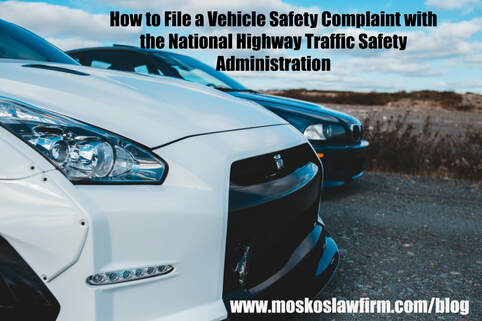why you Need an Attorney
To be considered a lemon, a new vehicle must have a defect that is covered by the manufacturer’s warranty that became known during a certain time frame or number of miles you have driven. Every state has different lemon laws and different timelines which is why it’s important to contact an attorney as soon as possible after you start having problems with your new car as they are best able to guide you in the process.
If you are unlucky enough to purchase a new vehicle from a dealership that cannot repair your vehicle, an attorney can contact the dealer or manufacturer on your behalf. Sometimes, a letter from an attorney is enough to force the dealer or manufacturer to discuss options with you, but this isn’t always the case.
Most manufacturers require you to go through non-binding arbitration first. You and your attorney will have the opportunity to present your proof of attempted repairs and the time you were without your new car. Once the arbitration board has heard your case, the manufacturer may make an offer. You and your attorney can discuss whether to accept or decline the offer.
If you decide the offer is not satisfactory to you, your attorney can file a law suit against the manufacturer of your vehicle. Your attorney can offer more of the evidence you have collected in court. Always be sure to keep careful records of repairs that were completed on your vehicle and any discussions you have had with the dealer you purchased the car from. All of this will be important in helping your lemon law attorney in building a strong case for your law suit.
While it may seem like this is a simple process that you can handle on your own, the complexity of lemon laws are very confusing to someone who isn’t experienced with the law. You may miss an important detail or deadline that will prevent your car from being declared a lemon and repaired or replaced. It would be best to let an experienced lemon law attorney handle the process for you so you get the best outcome for your situation.



 RSS Feed
RSS Feed